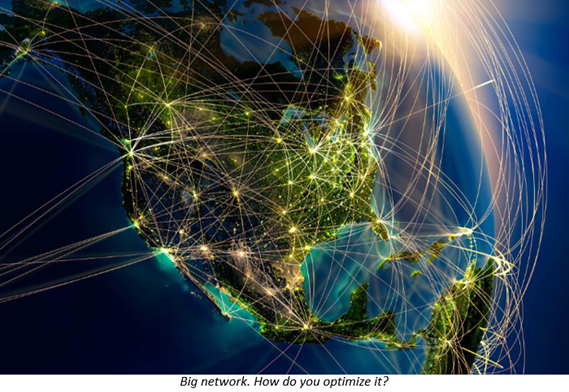
Large systems, such as telecommunication networks and electric power grids, are becoming more complex. They often consist of subsystems that use different technologies and may be controlled autonomously or by different entities. The challenge is optimizing these distributed subsystems – improving their performance. Their software processes – or controlling agents – have built-in global constraints, making it difficult to update the overall network. For example, these subsystems may have global constraints to meet end-to-end quality assurance requirements. Thus, network optimization will likely mean considering the global constraints of many controlling agents.
To help address this challenge, NIST and University of Maryland researchers developed an algorithm for Distributed Optimization with Global Constraints Using Noisy Measurements, to be published in IEEE Transactions on Automatic Control. Researchers propose software control agents adopting this algorithm. Basically, the algorithm will enable distributed subsystems or agents to optimize their local performance and, in the process, the overall system performance.
Specifically, to optimize their performances, control agents need information about those control agents they interact with, but many often are not willing to share specifics. The algorithm would require the control agents to maintain a local dynamic estimate of the global constraint functions and only share the estimate with their neighbors. The algorithm would allow these control agents to perform a local optimization process, based on their private “noisy” observations and local estimate of global constraints, thus enabling distributed optimization.

